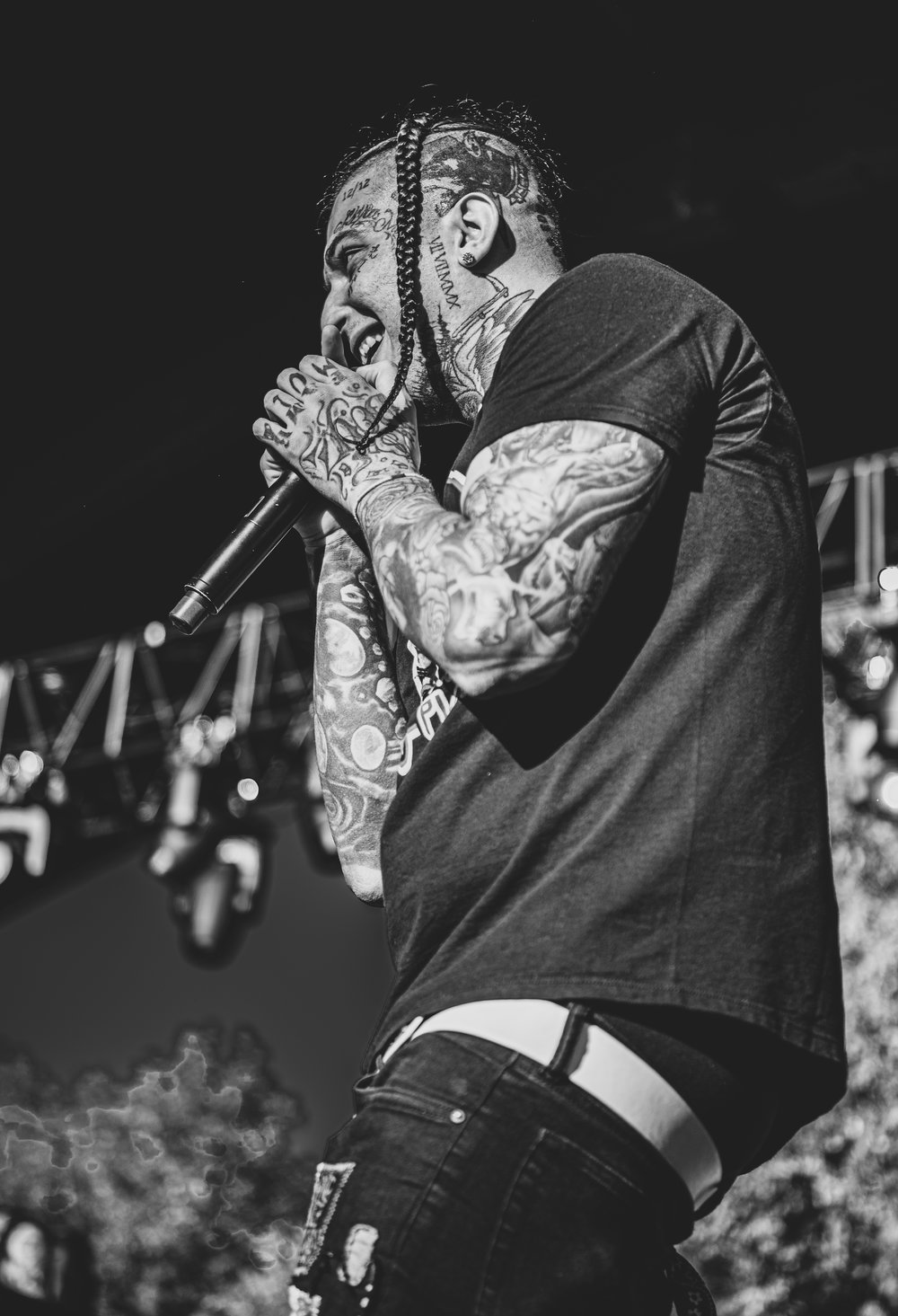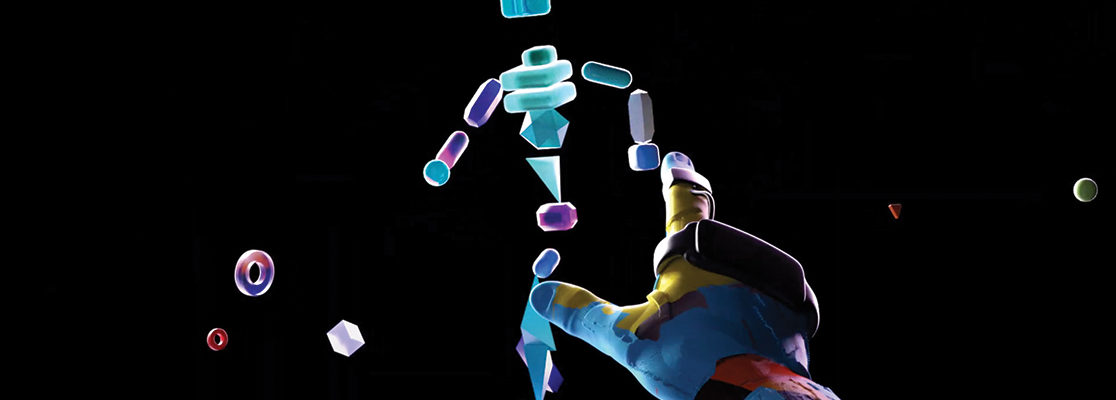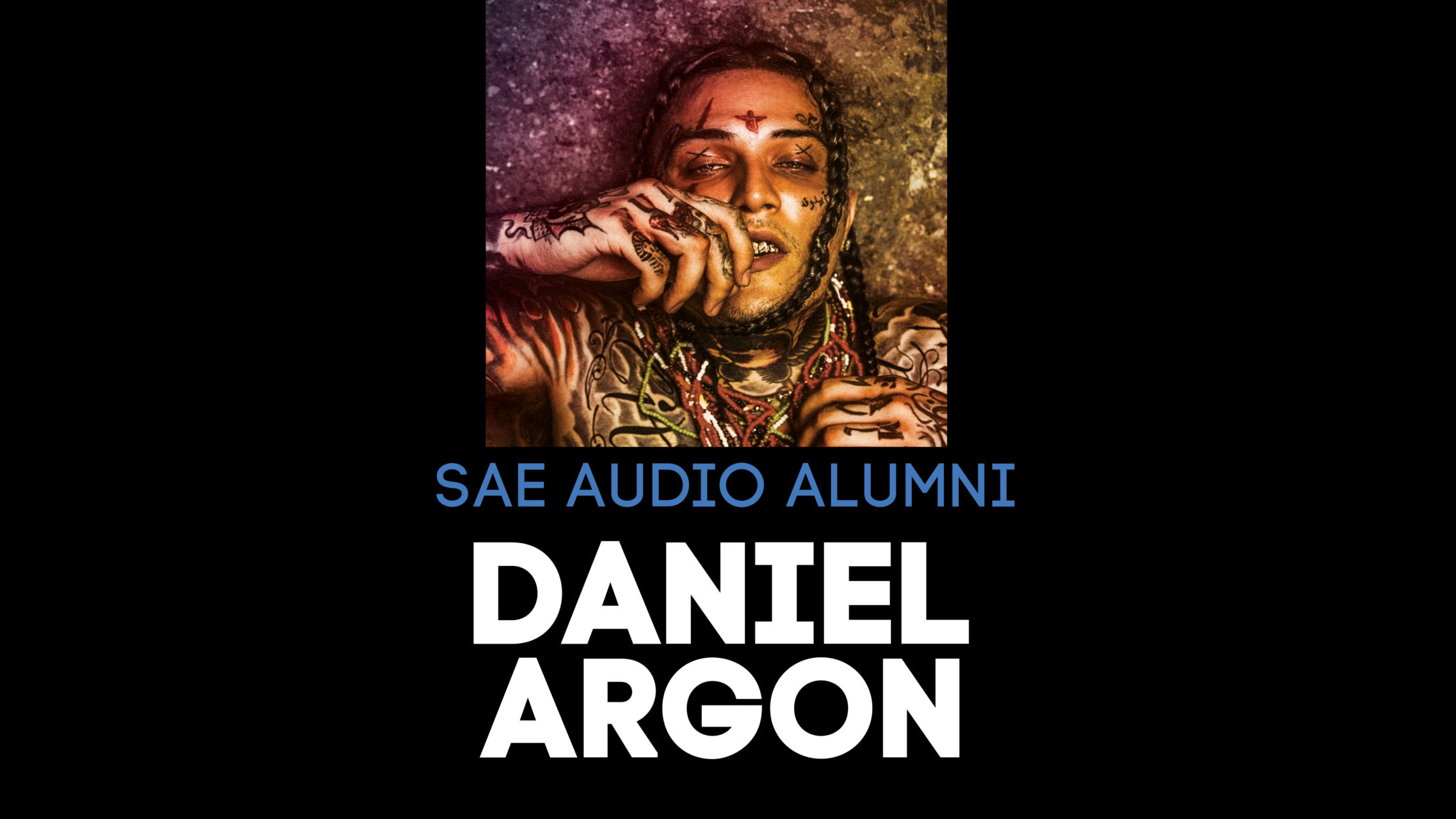Our Audio Production course offers students a fantastic opportunity to immerse themselves in creativity, honing their abilities on our state-of-the-art gear and equipment.
Here, our Audio Production alumnus Daniel Argon shares his insights into his music making and how you can make money from selling your beats online.
Could you introduce yourself?
My name is Daniel. I’m from Salu, Spain. I moved to the UK in August 2016 as I wanted a change and to pursue music, and I thought the UK market is a big one.
I currently work in customer service but in my free time, I‘m either making music or researching music promotion and marketing, etc. I make underground trap music mixed with metal.
I started making music seven years ago, as I wanted to get into creating soundtracks for films and TV.
What do you love about creating music?
My favourite part is creating the beats, finishing them, and sharing them with artists. I also like the business side – how can you make revenue out of music? What are the different ways that I can make that happen? Should I do it all online?
A lot of it is making connections with artists, and other producers as well. Promoting yourself and your beats, it’s interesting to know how everything works, and how the ways in which people make money go beyond just writing music and putting it out there.
how did you start working with sosmula?
Recently, I was following a producer from the US called Shoki. He’s made a lot of records for big underground artists and is very inspiring.
I saw how some producers sell collaborations, so you pay around $100 – depending on the producer – and you get to work with them on three beats together. If you pay, it’s guaranteed that the producer will send them out to the artist they know.
I did this and then one of the beats got placed with an artist called SosMula, who’s with Republic Records and We So Up was born. The song went on to go on his album 2 HIGH 2 DIE and garnered almost 2.5 million streams on Spotify.
Read our article and improve your music business skills as you transition from a home studio to a professional one.
how do aspiring producers and songwriters get their tracks noticed?
If you want to get your tracks out there, there are many different ways to go.
Some smaller artists may have their email addresses in their Instagram bio. So you can send your beats to them via email.
For people that want to work with big labels, I recommend finding any producers associated with each label (you’ll usually find this on Spotify by going to a song, then clicking on show credits). Then, look them up on Instagram and send them something or simply reach out and they might reply. There are different ways, but you have to be quite confident and always be ready to take advantage of an opportunity. So if you send something and something happens then this is amazing.
When your song is chosen, you will receive a contract. When this happens, get a lawyer to look over it and make sure everything is fine.
how can you make a sustainable living from making music?
To make a sustainable living from making music, a good place to start is selling beats online, which is something I do. You make the beat, you go on BeatStars, for example, and you can set your price. You can lease your music as well, which means you can sell it as many times as you want. So there’s a lot of money to be made there.
In terms of which beats are more popular than others, Drake-type beats typically do well at the moment.
However, millions of other people are making them as well, so it’s hard to get noticed. If you make beats that are more underground vibes, then you are more likely to get noticed, but maybe not many people will look for them. So at the end of the day, it’s how you market your music and how you build your reach for people to find you.
What about payment?
In terms of payment, you typically get paid an advance on the master recording when you work with a label. The norm for royalties from the master recording is usually between one and 3%. For example, you get paid $500 in advance, and then you start seeing money from that one or 3% after the label has made $500 back.
That being said, if you’re signing a contract, make sure that you’re getting between one and 3% minimum in royalties. The advance depends, you might get anything from $300 to $5,000.
This is very different if you work with independent artists because they can set their own terms and you can negotiate for a bit more. So you can typically take 30% or 40% of royalties from the master recording instead. Sometimes these independent artists don’t have too much money, so they won’t pay you in advance, but you will get more royalties instead.
What’s your final piece of advice?
Be prepared to take a lot of time to look for ways to promote your music. Make sure you register your songs everywhere so that you get your royalties. Study an audio production course at SAE to get prepared for the industry.

Find daniel here:
Study Audio Production at SAE
Study Audio Production at SAE and learn vital skills including the latest recording techniques, how to collaborate with artists, programming skills and much.
If you’re looking to forge a career as a Music Producer, Studio Engineer, Sound Designer, Stage Crew or more, then this could be the course for you.


































